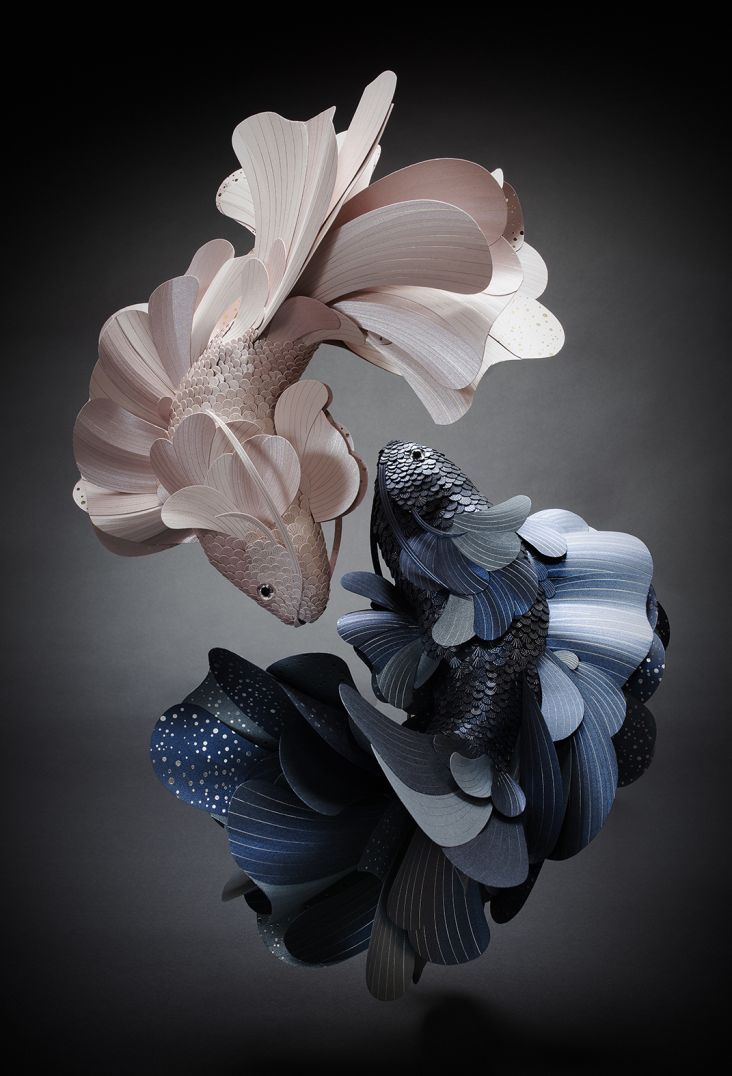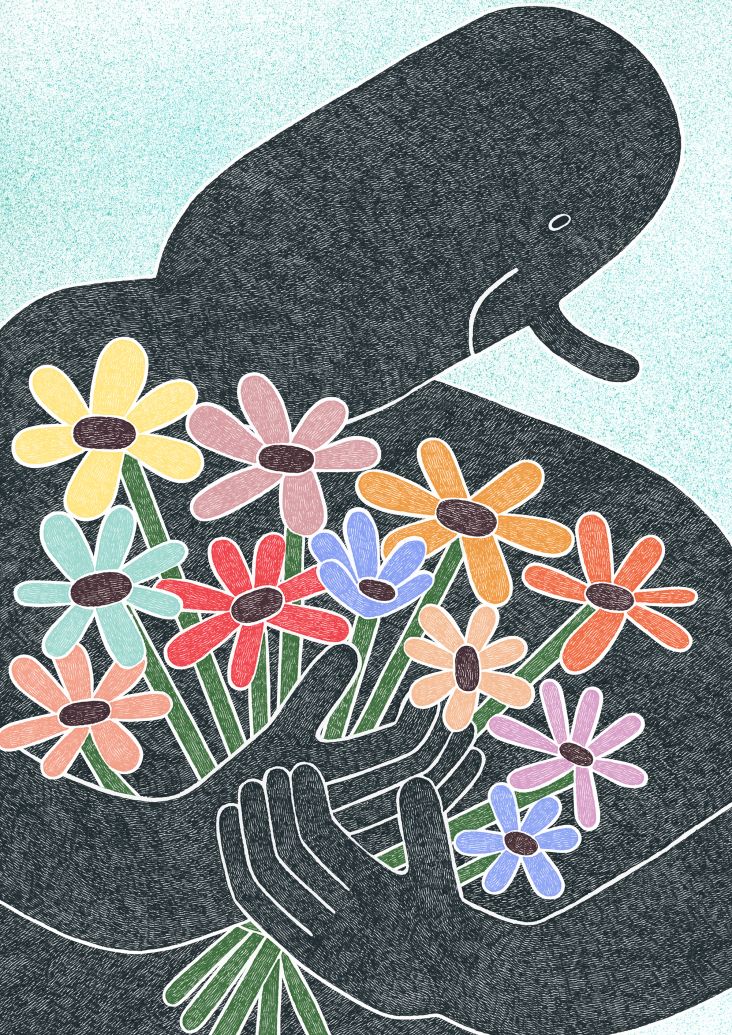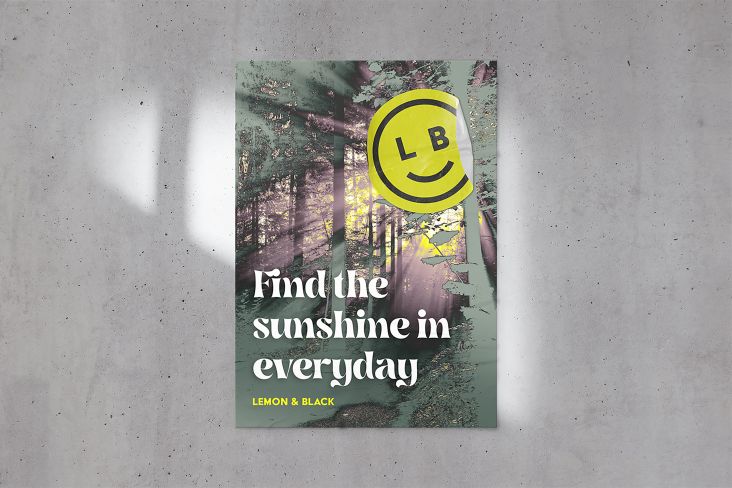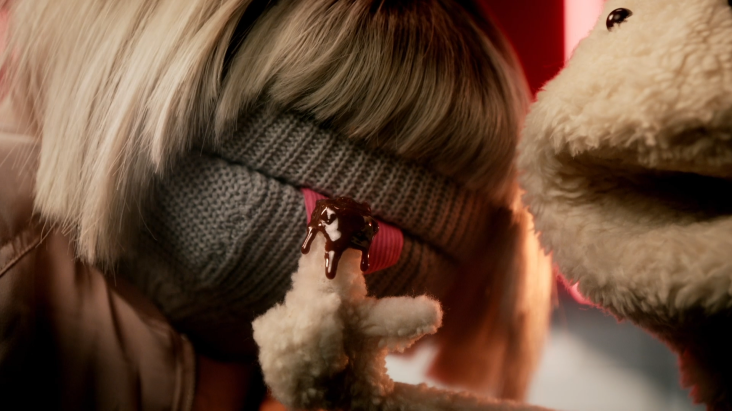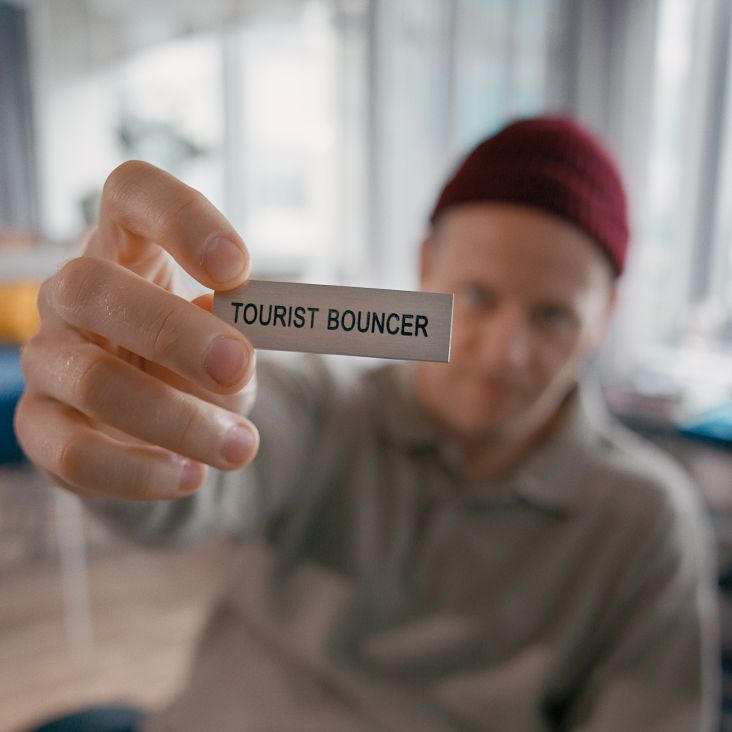Henri Campeã ties humour, magic and surrealism into his narrative-riddled work
"I have always loved expressing myself," says Henri Campeã, a queer visual artist, illustrator, 2D animator and art director hailing from the vibrant city of São Paulo, Brazil. "Drawing has always been, and still is my main passion."
Growing up, Henri Campeã describes themself as a "flamboyant and extroverted child at times but, at the same time, very introverted". With the latter, Henri would find solace in spending hours creating their own universe through drawing. This was ultimately the start of a blossoming relationship with the craft of illustration, alongside a love of clay, paper sculptures and acting.
Yet, as time passed, Henri studied graphic design, thinking it would open up more career opportunities. They worked jobs at companies and agencies, and illustration always found its way through the projects. In 2014, they started work on their Facebook page, and things started to kick off. Six years down the line as a freelance illustrator, and they haven't looked back since.
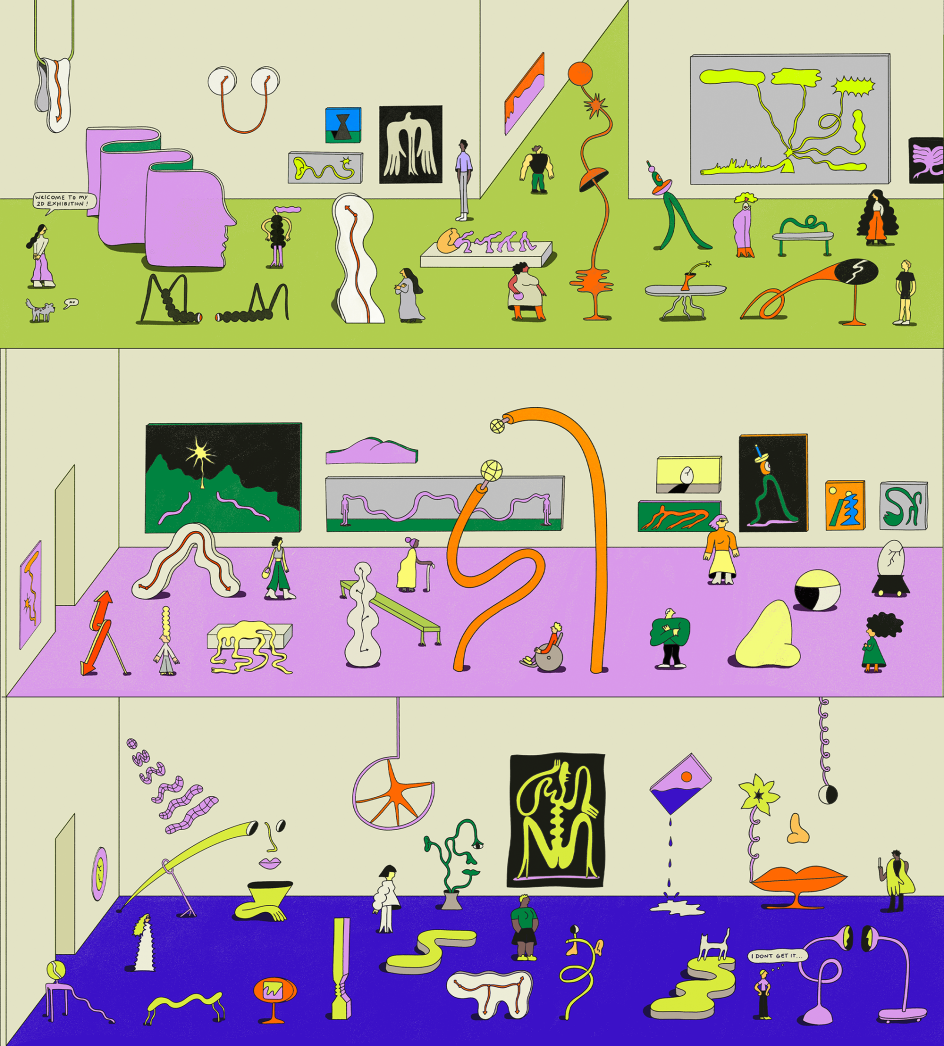
Inspiration flows to Henri from many sources, and they keep their senses attuned to their surroundings. Henri's daily walks through the city of São Paulo, spanning around seven kilometres, serve as a consistent pool of inspiration. The cityscape, characters, human interactions, architecture, shops and nature all contribute to Henri's creative output. "It's a great way to reflect on the projects I'm working on, organise my thoughts and draw inspiration from the curious things I see around me," Henri says. Besides this, Henri draws inspiration from surrealism, Brazilian culture, indie games, music, queer culture, and iconic cartoons such as Rocko's Modern Life and Powerpuff Girls. Henri is particularly intrigued by psychology and the interplay of symbols, metaphors and narratives.
When it comes to Henri's creative process, it's a finely tuned symphony that varies between personal projects and commissioned work. For commissions, they follow a structured process, beginning with research and conceptualisation. They sketch thumbnails, allowing ideas to flow freely onto paper before carefully selecting the most promising concepts. This phase is followed by refinement, choosing the palettes, and ensuring the message aligns with Henri's unique style. "I aim to create something unique whenever possible," they add.
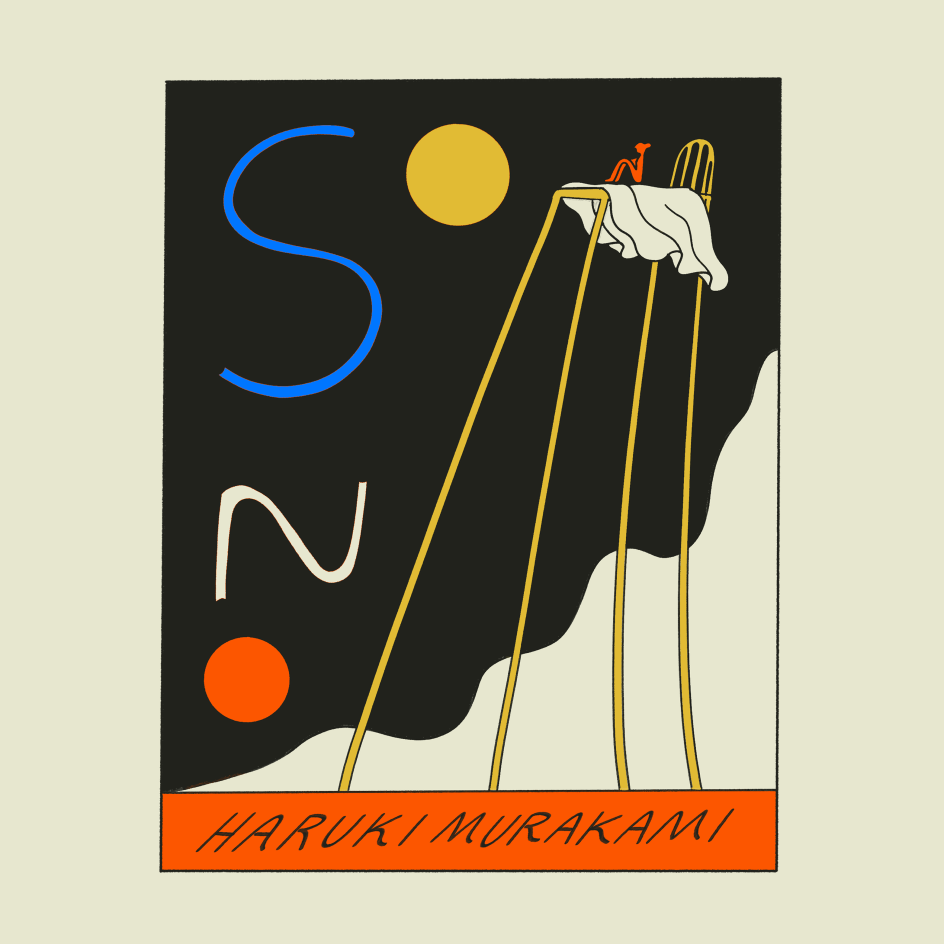
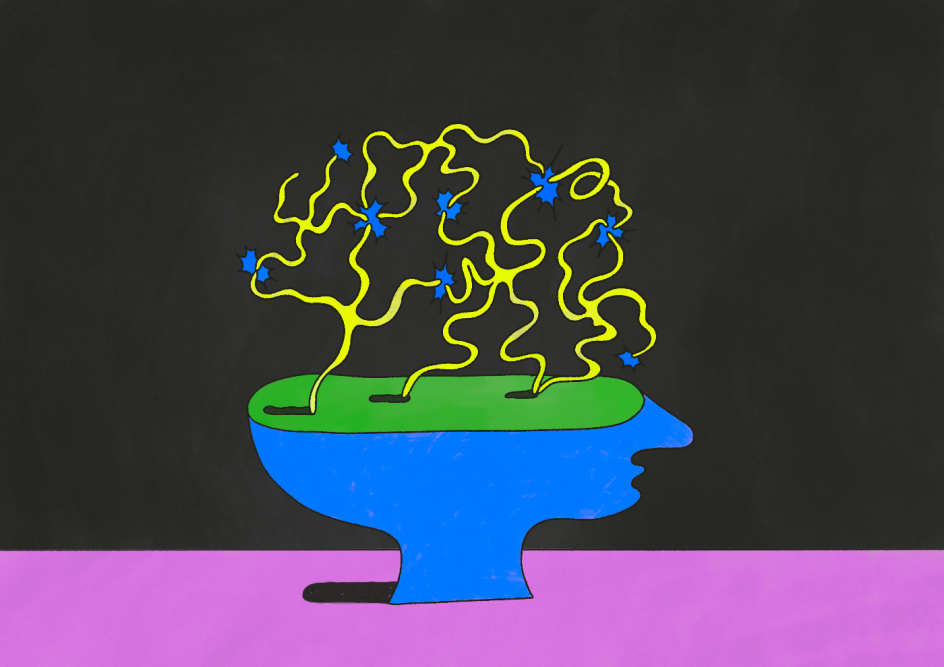
In their personal projects, Henri's approach is more fluid. It often starts with an idea that they leave to brew before revisiting it and allowing it to take shape organically. Some pieces are completed in a single day, while others may gestate for months or even years. Their animation work, in particular, is characterised by frame-by-frame animation, which best suits their style – this also adds another complexity to the creative process, but it certainly pays off.
For example, there's an animated piece depicting a looping trail of ants crawling up a flower stalk; the latter is "shaped like a human face" to purposefully represent the brain. The background is fittingly desolate, bold and bland to let the critters take centre stage. "I had this idea during a time when I wasn't feeling great, and my mind was occupied by intrusive thoughts that felt like ants," Henri explains.
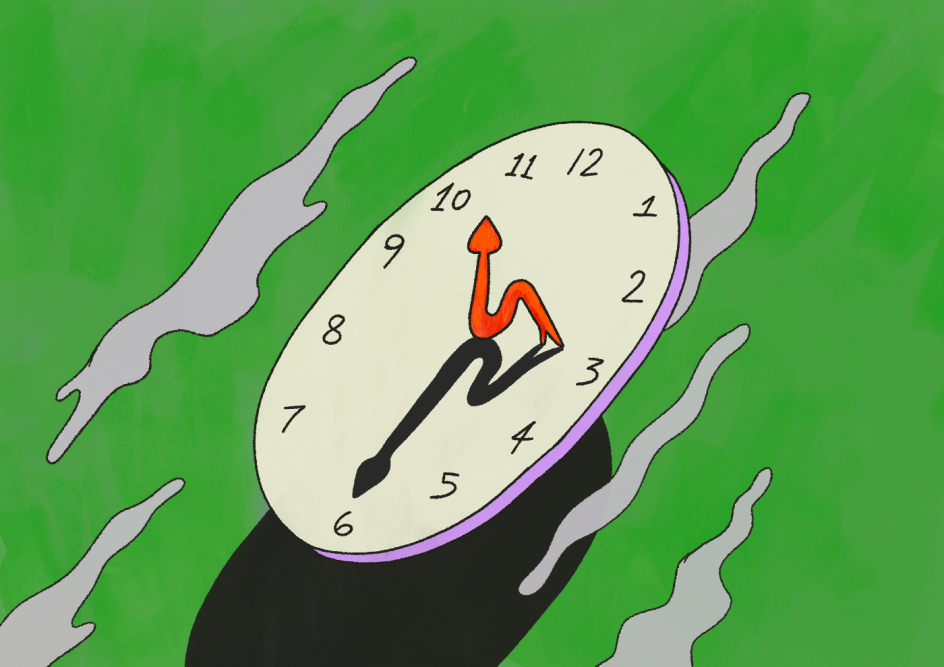
The outcome is repetitively beautiful and, indeed, very satisfying to watch. In another, more complex scene, Henri has crafted a multi-layered, comic-like illustration that they refer to as a "silly and fun" 2D museum. The antithesis to the serious tones of the ant animation, this one brings together doodles and sketches of various imagined elements – strange figures strolling by, paintings falling and dripping onto the floor, and a fitting speech bubble proclaiming, "I don't get it". Henri hopes to expand this piece one day and turn the concept into a game – we couldn't think of a media medium for it.

















